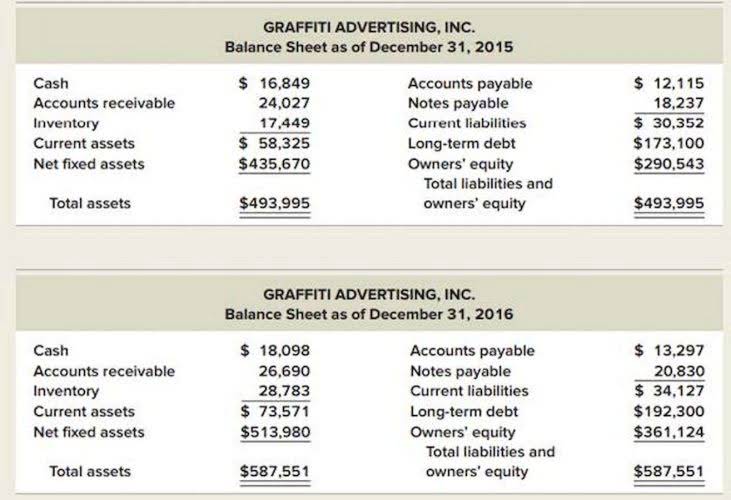
This entry doesn’t hit the financial statements right away since both accounts are assets. The real impact shows up later through adjusting entries as the prepaid expense gets used up. Reconciling prepaid insurance accounts ensures that the business accurately records the true value of the policy over time and maintains compliance with accounting regulations. It also helps with cash flow management by spreading out premium payments. Prepaid Insurance is the amount of insurance premium that the company pays in one financial year, and avails its benefit in some other financial year, generally in the upcoming financial year. Prepaid Insurance journal entry is passed to record the amount paid as advance for the insurance.
Reconciliation adjustments

Therefore, the initial payment is adjusting entries for prepaid insurance recorded as an asset on the balance sheet. This asset represents the future economic benefit the company expects to receive. It represents a liability because a company may receive cash in advance of performing a service, or providing a good. Items such as rent, magazine subscriptions, and customer deposits, all received in advance are examples of unearned revenue. Unearned revenue is a liability because if the good or service is not provided, the cash received will have to be paid back (it is owed). As the good or service is provided, unearned revenue becomes earned revenue.
What are Prepaid Expenses?
The income statement account Supplies Expense has been increased by the $375 adjusting entry. It is assumed that the decrease in the supplies on hand means that the supplies have been used during the current accounting period. The https://njcsi.com/oregon-tax-tables-2022-tax-rates-and-thresholds-in/ balance in Supplies Expense will increase during the year as the account is debited.
- Passing adjustment entries to balance the books of accounts is often helpful, preventing one from making an entry for new business transactions.
- Therefore, $300 must be transferred from unearned revenue into earned revenue.
- The real impact shows up later through adjusting entries as the prepaid expense gets used up.
- One of the main financial statements (along with the statement of comprehensive income, balance sheet, statement of cash flows, and statement of stockholders’ equity).
- For instance, expenses incurred but not yet paid would not be reflected, understating liabilities and overstating profit.
Journal Entry for Unexpired Insurance
Unpaid expenses are those expenses that are incurred during a period but no cash payment is made for them during that period. Such expenses are recorded by making an adjusting entry at the end of the accounting period. Prepaid expenses are important to track properly because they represent assets that will provide future economic benefits. As the benefits are received over time, these prepaid amounts are gradually expensed to reflect the actual usage of the goods or services. This ensures accurate financial reporting and a clear understanding of the company’s financial position. Initially, the concept of crediting Accumulated Depreciation may be confusing because of how we learned to adjust prepaids (debit an expense and credit the prepaid).
- But seriously, accurate accounting is key to knowing whether you’re making dough or burning it.
- The income statement account Insurance Expense has been increased by the $900 adjusting entry.
- For more on how these entries affect your financial statements, visit our journal entry section.
- Similarly, a prepaid insurance expense is a prepaid expense that has been paid for by the company.
- Prepayment of insurance premiums can lead to discounts and results in better financial and cash flow management.
- This account is a non-operating or “other” expense for the cost of borrowed money or other credit.
- You prepaid a one-year insurance policy during the month and initially recorded it as an asset because it would last for more than one month.
Amortisation schedules help track the utilisation of prepaid insurance and ensure that expenses are allocated to the appropriate accounting periods. To illustrate prepaid insurance, let’s assume that on November 20 a company pays an insurance premium of $2,400 for insurance protection during the six-month period of December 1 through May 31. On November 20, the payment is entered with a debit of $2,400 to Prepaid Insurance and a credit of $2,400 to Cash. The process of recording prepaid expense journal entries only takes place in accrual accounting. If you use cash-basis accounting, you only record transactions when money physically changes hands. You had purchased supplies during the month and initially recorded them as an asset because they would last for more than one month.


The adjusting journal entry for a prepaid expense, however, does affect both a company’s income statement and balance sheet. The adjusting entry on January 31 would result in an expense of $10,000 (rent expense) and a decrease in assets of $10,000 (prepaid rent). At the payment date of prepaid insurance, the net effect is zero on the balance sheet; and there is nothing to record in the income statement. However, after adjusting entry at the end of the period for the insurance expense, the asset account will decrease while the expense account will increase.

Insurance policies are typically paid in advance, and the cost is recorded as a prepaid assets = liabilities + equity expense on the balance sheet. As the insurance coverage period elapses, the prepaid expense needs to be recognized as an expense in the appropriate accounting period. “Deferred” means “postponed into the future.” In this case you have purchased something in “bulk” that will last you longer than one month, such as supplies, insurance, rent, or equipment.

Commentaires récents